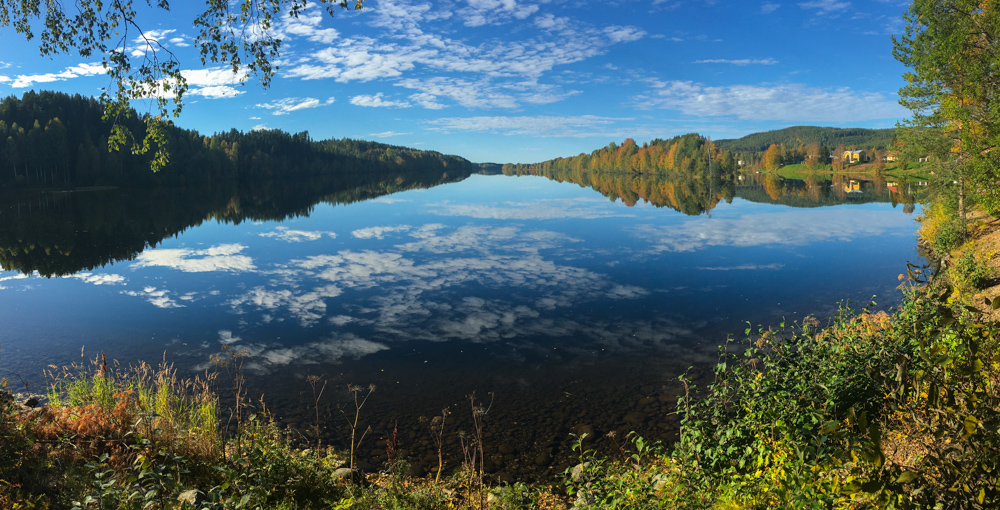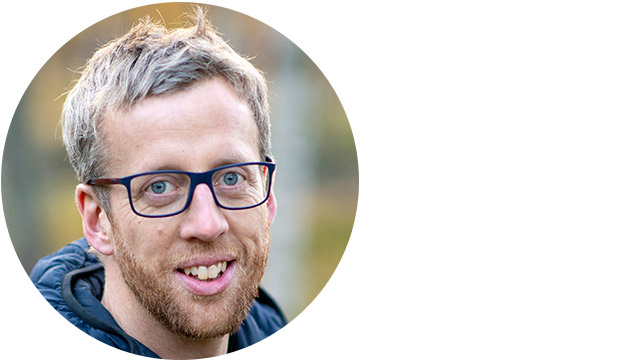Oh, well. What's an interdisciplinary workshop?

As a young disoriented PhD student, I was invited to an interdisciplinary workshop in the outskirts of the Fontainebleau forest south of Paris. It became a defining moment for me as a researcher. I came there as a student who knew how to answer questions, following well-established recipes. After a week with French Master's students from different disciplines, doing nothing but asking questions and juggling ideas, I left as an explorer into the unknown guided by research questions.
While I have been lost many times also after the workshop, I never lost the inner compass and the excitement for the unknown. Instead I decided that one day, when I have support to organize a similar workshop, I will pay back to the scientific community and organize a similar workshop. Today I am coming back from my seventh, hoping that some of the more than one hundred Master's students, PhD students, and Postdocs who have participated over the years still can fuel themselves with memories from the many magical aha! moments I have witnessed.
IceLab Camp is about all that coffee break wisdom that it can take years to collect. Equipped only with their curiosity and creativity, the participants let ideas meet and mate to carve out interdisciplinary research proposals. It is a four day long tour de force into the unknown, accompanied by the beauty that autumn days in Northern Sweden can offer, to achieve researcher's high.
While I have been lost many times also after the workshop, I never lost the inner compass and the excitement for the unknown. Instead I decided that one day, when I have support to organize a similar workshop, I will pay back to the scientific community and organize a similar workshop. Today I am coming back from my seventh, hoping that some of the more than one hundred Master's students, PhD students, and Postdocs who have participated over the years still can fuel themselves with memories from the many magical aha! moments I have witnessed.
IceLab Camp is about all that coffee break wisdom that it can take years to collect. Equipped only with their curiosity and creativity, the participants let ideas meet and mate to carve out interdisciplinary research proposals. It is a four day long tour de force into the unknown, accompanied by the beauty that autumn days in Northern Sweden can offer, to achieve researcher's high.
Oh, well. What's an interdisciplinary workshop? After all, I suppose it would be frightfully dull, and-and-and boring, and-and completely... Completely wonderful.In the Professor Magenta podcast episode PM SPECIAL – Är framtidens forskning den gränslösa (10 minutes), one of the participants, Katarina Bendtz from Stockholm University, interviews three other participants from the workshop. Akbar Espaillat, Mariana Mariana Buongermino Pereira, and Ulf Aslak Jensen give a brief introduction to their PhD projects and explain how their research combines methods from different disciplines in a productive way. The students are affiliated with MIMS, Umeå University, Chalmers University of Technology and Copenhagen University, respectively.
